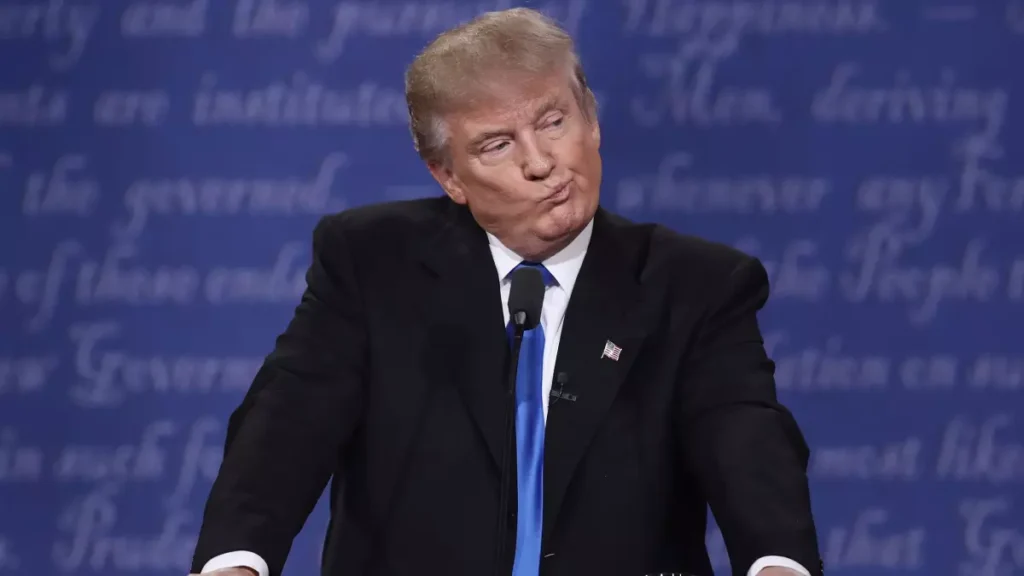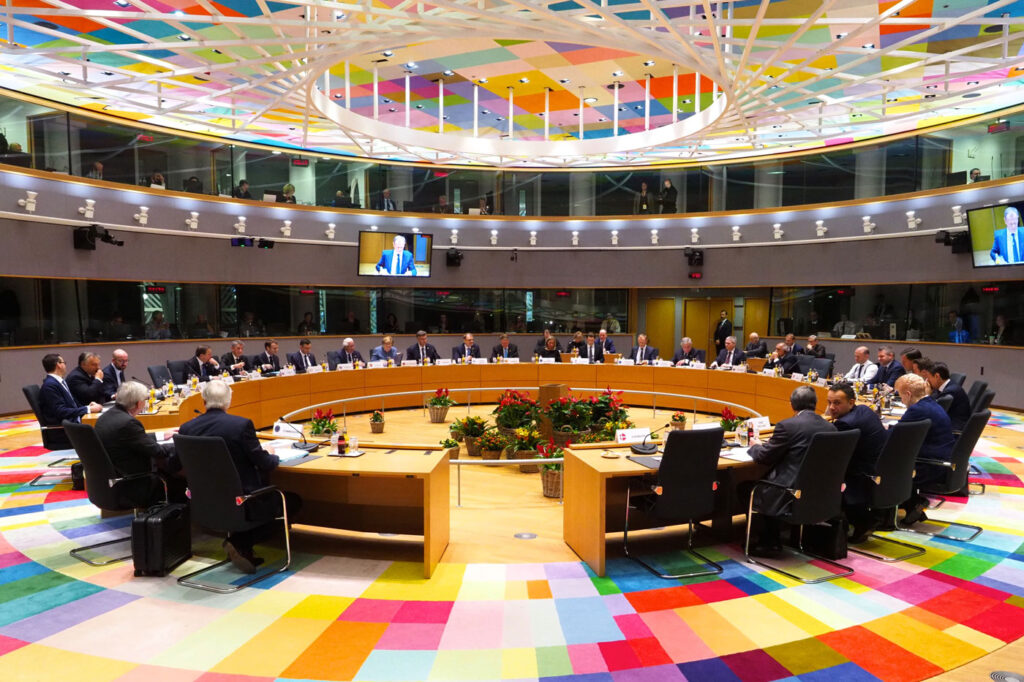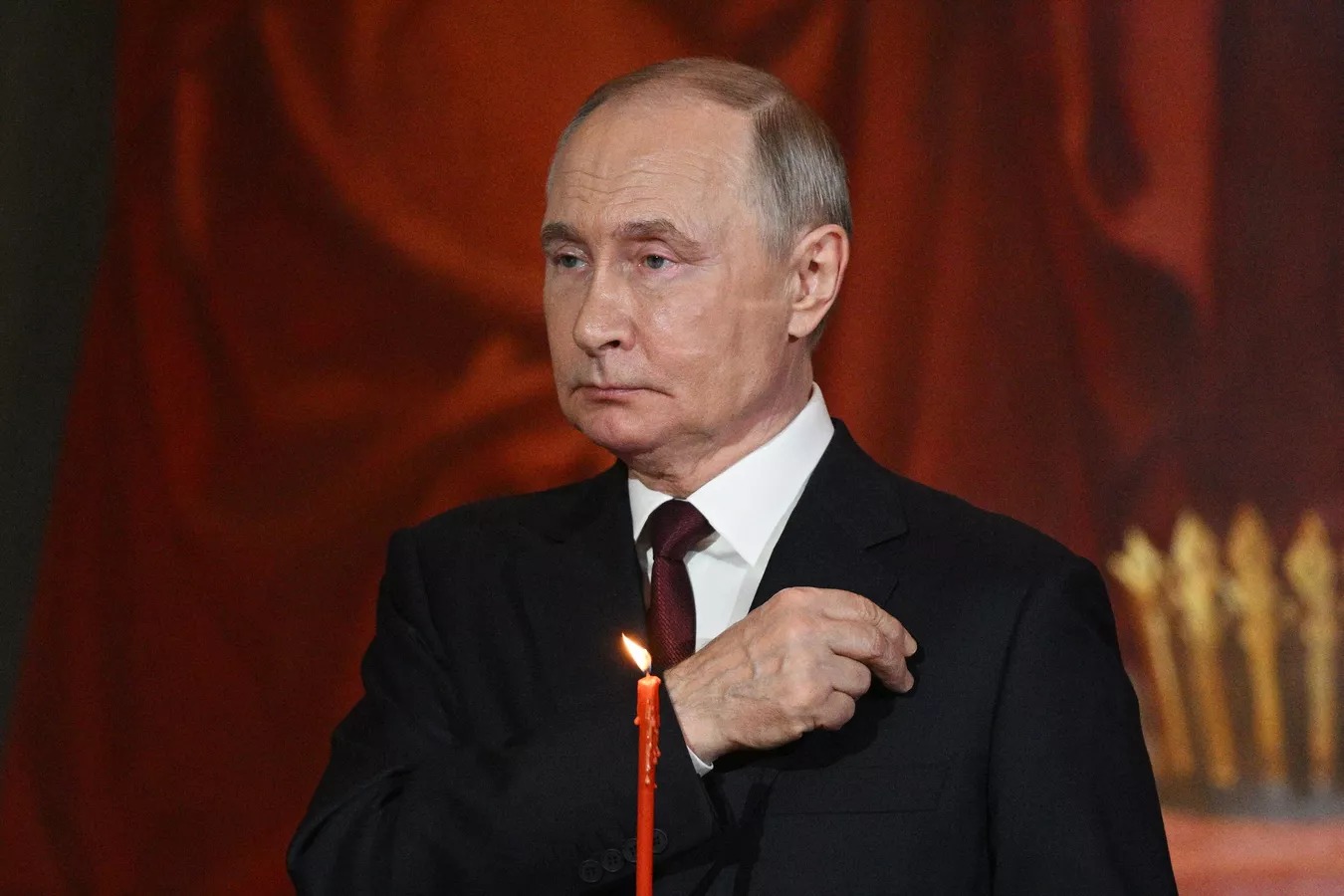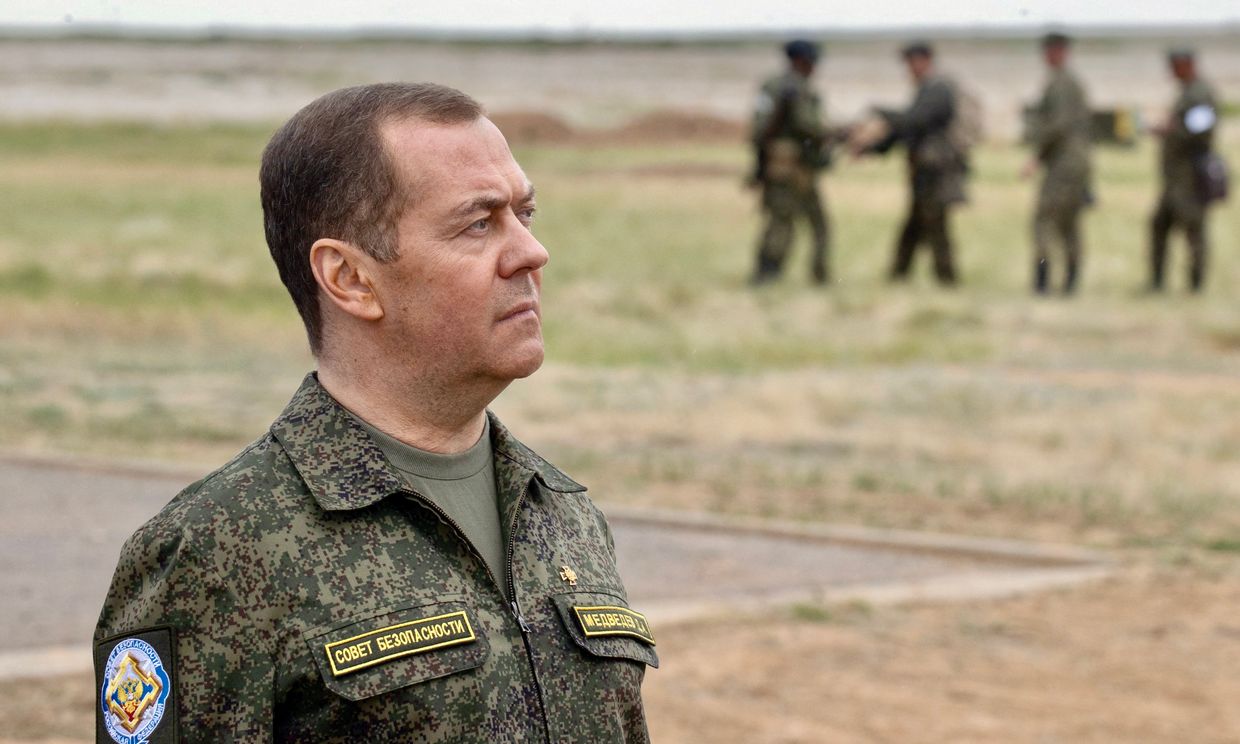US, Russia may prepare for show of force as Trump raises stakes with nuclear submarines

The US raises the stakes amid Russia’s threats. In response to Moscow’s threats, American President Donald Trump ordered the deployment of two nuclear submarines closer to Russia. The Times reports that this is not just a show of force but a personal message to Russian President Vladimir Putin.
After former Russian President Dmitry Medvedev’s statements, who on 31 July referenced the Soviet automatic nuclear strike system “Dead Hand” in the context of threats against the US, Trump ordered the deployment of two nuclear submarines. His threats came after Trump’s 10-day ultimatum that the US gave to Russia to end the war in Ukraine.
This exchange significantly escalated nuclear rhetoric between the two powers, underscoring the growing intertwining of the Ukraine war with nuclear deterrence.
US nuclear submarines head toward Russia
The American president responded in his trademark style — tough and theatrical. In a Truth Social post, Trump announced the relocation of two nuclear submarines to relevant regions.
This move is not just a military maneuver but a strategic political signal. Trump is responding less to Medvedev’s rhetoric and more to Russian President Vladimir Putin’s rejection of Trump’s ceasefire proposal in Ukraine.
After the strike on Kyiv that killed 31 people, including five children, Putin confirmed that Russia’s conditions for ending the war, announced back in summer 2024, remain unchanged. He added that Russia is ready to wait until Ukraine agrees to Moscow’s conditions.
Among them are:
- The withdrawal of Ukrainian troops from the occupied territories of Donetsk, Luhansk, Kherson, and Zaporizhzhia
- Ukraine’s refusal of NATO membership
- Ukraine’s non-nuclear status
- Sanctions’ lift
What does the submarine deployment mean?
The US possesses 71 nuclear-powered submarines, including 14 Ohio-class ballistic missile subs, each capable of carrying up to 20 Trident II nuclear warheads. At any given moment, 8 to 10 of them are at sea. The White House said that this is not provocation but deterrence.
Sanctions, tariffs, and the energy war
In addition to military signals, Trump threatens secondary sanctions against buyers of Russian energy. India is already feeling the heat — partial tariffs of 25% have been imposed. In the danger zone are China and Brazil, which remain key importers of Russian gas.
These statements show that Trump’s policy toward Russia is rapidly changing, and the US pressure against Moscow is also increasing.











